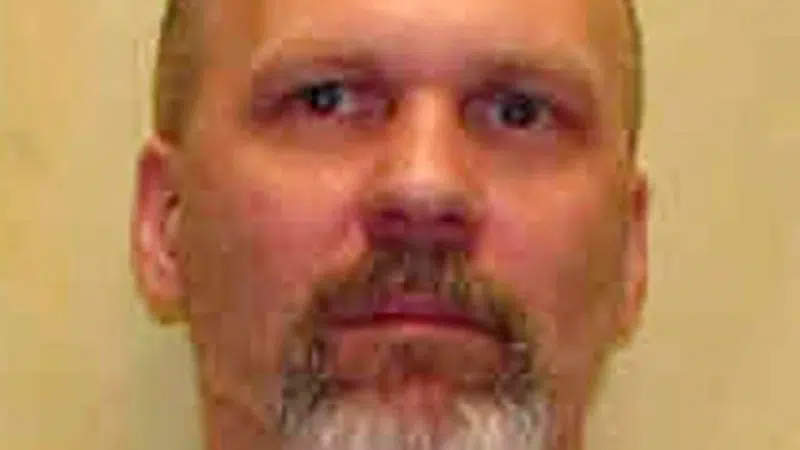
Ohio governor delays execution, orders look at other drugs
COLUMBUS, Ohio — Gov. Mike DeWine on Friday delayed next month’s execution of a condemned Ohio man and ordered the prison system to look at alternative lethal injection drugs.
The announcement by the Republican governor followed a federal judge’s ruling this month that said Ohio’s current execution protocol could cause the inmate “severe pain and needless suffering.”
Warren Keith Henness was scheduled to die by lethal injection Feb. 13 at the Southern Ohio Correctional Facility in Lucasville.


